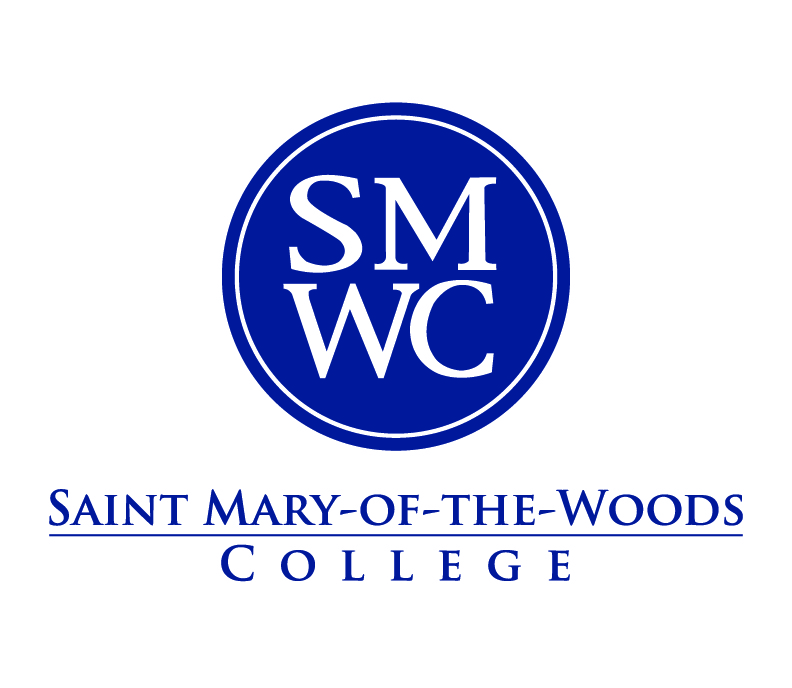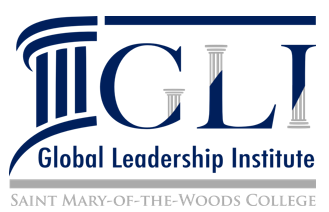Restorative Justice in Mexico
An Interconnected Approach for International Policy Alignment & Labor Redevelopment in Mexico
DOI:
https://doi.org/10.59319/arete.v3i1.891Keywords:
international policy, labor reform, cultural identity, worker's rights, leadership transparancy, global leadership, restorative justiceAbstract
Background: Beginning with foundational information about restorative justice, its benefits, and how it is used internationally, the poster then presents two pocket discussions for support of adoption. Objectives: Conventionality control and the alignment of state-level policy change to come more in alignment with restorative justice-focused international policies highlights the progress that has been made. Historical context is given to labor/land reform, progress from leadership corruption to transparency, and union redevelopment so that progress may be again highlighted. Implications: Finally, justification is given as to how these leadership-driven changes align with local cultural identity. Conclusion: This is significant because of the lack of extant research that moves away from the theoretical discussions about the benefit of adopting restorative justice policies at the organizational development or governmental levels, instead offering readership an example of how implementation functionally works.
Downloads
Additional Files
Published
How to Cite
Issue
Section
License
Copyright (c) 2025 Lisa S. Thatcher

This work is licensed under a Creative Commons Attribution-ShareAlike 4.0 International License.
The Αρετή (Arete) Journal of Excellence in Global Leadership is an open access journal and follows the Creative Commons License (CC-BY 4.0). Copyrights for articles published in this journal are retained by the authors, with first publication rights granted to the journal. The journal/publisher is not responsible for subsequent uses of the work. It is the author’s responsibility to act on any infringement. The journal is published in electronic format and the journal does not provide printed copies of the published issue.
More about CC-BY-4.0:
The CC-BY-4.0 is an attribution-ShareAlike license. It is considered a "copyright" free and open source. This license lets others remix, tweak, and build upon your work (even for commercial purposes) AS LONG AS they credit you and license their new creations under identical terms.









